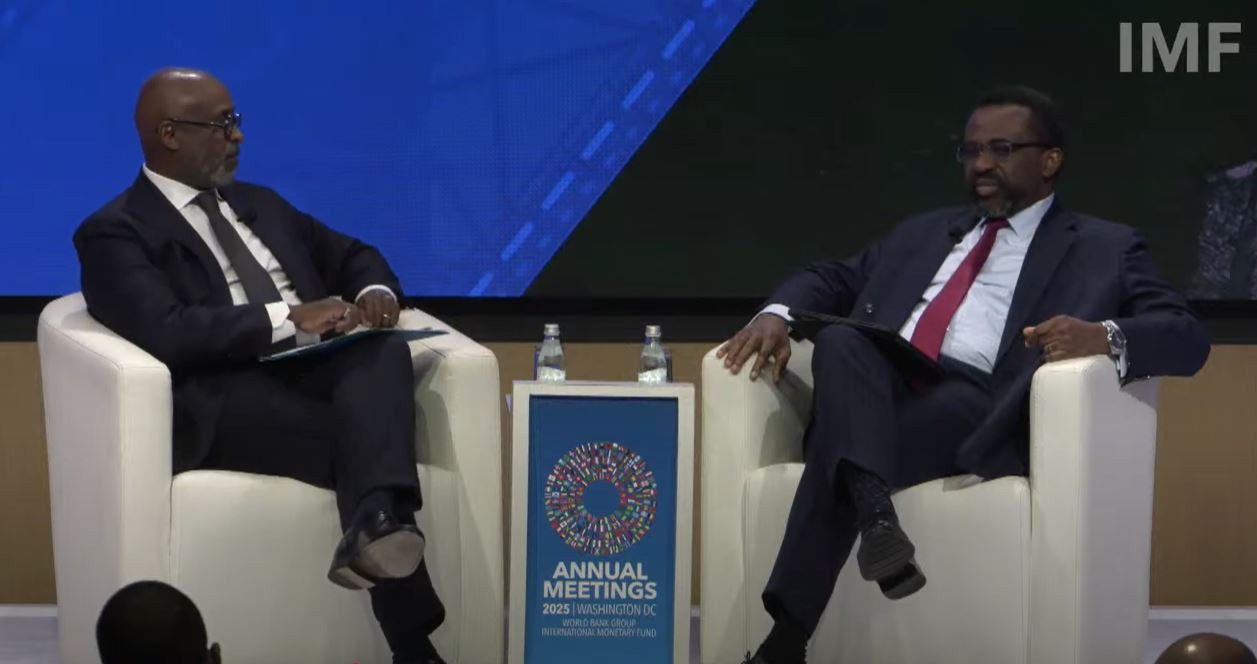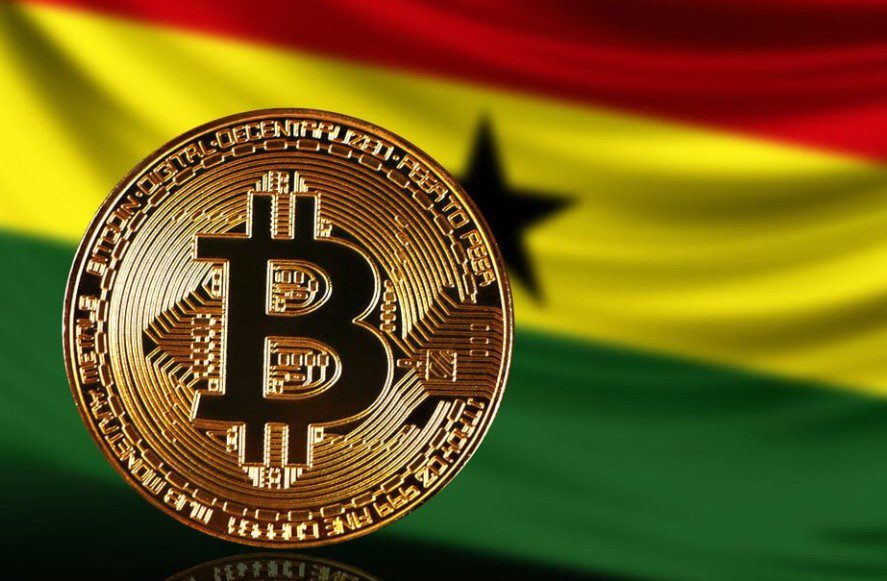







































Finally, Ghana is set to legalise and regulate crypto assets by December 2025
 SRA
SRA
 BANK
BANK
 SEC
SEC
 SRA
SRA
 WOULD
WOULD
Ghana is now moving decisively toward legalising and regulating cryptocurrencies by the end of the year. This decision, a striking reversal of its long-standing caution, marks a pivotal moment in the country’s approach to digital assets and aligns it more closely with other African nations seeking to govern crypto.
At the International Monetary Fund’s annual meetings in Washington, Governor Johnson Asiama of the Bank of Ghana (BoG) announced that a draft bill is being advanced to parliament and that the country aims to have a legal and regulatory regime for crypto in place by December 2025.
He told reporters that the country has “done a lot of work in the past four months to put together the regulatory environment” and is ready to formalise oversight of digital assets.
This announcement comes just a week after Kenya’s parliament passed its own Virtual Asset Service Providers (VASP) Bill, putting Ghana under fresh pressure to move swiftly.
From scepticism to legal embrace: Ghana’s turning point
For years, Ghana maintained a cautious posture toward crypto, warning citizens that digital tokens were not legal tender and advising against speculative investment.
The Securities and Exchange Commission (SEC) even issued public advisories stating that none of the popular cryptocurrencies (Bitcoin, Ethereum, XRP, etc.) were recognised or regulated under Ghanaian law.
Meanwhile, the Bank of Ghana’s official position was that virtual currencies were outside its mandate and payment/ settlements frameworks.
Yet under pressure from widespread adoption, rising transaction volumes, and regulatory developments across Africa, Ghana’s regulators appear to have shifted course.

In July 2025, Governor Asiama confirmed that the BoG intends to license crypto firms and plug them into the mainstream financial system. In parallel, the BoG issued draft guidelines in 2024 outlining how virtual asset service providers (VASPs) would be regulated, solicited public feedback, and signalled plans to set up a dedicated digital asset unit.
Earlier this year, some reports suggested regulation could begin as early as September 2025. But at the IMF meeting, Asiama clarified that while earlier plans were under consideration, Ghana is now targeting December for full legal cover.
He also emphasised the importance of not just passing laws but building the capacity to monitor crypto flows, attract talent, and create a new department within the BoG to oversee the sector.
Ghana’s urgency is partly driven by the scale of crypto use in the country. Estimates suggest more than 3 million Ghanaian users, roughly 8–17 per cent of the adult population, are actively trading or holding digital assets.
Between July 2023 and June 2024, transaction volumes are said to have exceeded $3 billion. Asiama acknowledged that many payments and remittance flows are already taking place in crypto, bypassing formal banking channels and complicating monetary oversight.
With this regulation, Ghana hopes to bring those flows into the formal financial system, improve data transparency, and mitigate risks such as fraud, money laundering, and systemic shocks.
Africa’s push for crypto regulation

Ghana’s policy shift is occurring in the context of accelerating crypto regulation across Africa. But the country is not. alone:
- In East Africa, Kenya just passed its VASP Bill, making it the latest country to assign licensing and oversight of crypto exchanges, wallets, and token issuers to established regulators. Under Kenya’s framework, the Central Bank will manage stablecoins and overarching virtual asset licensing, while the Capital Markets Authority regulates trading platforms.
- Nigeria passed a new Investments and Securities Act that formally in 2025 that formally designates digital assets as securities under the purview of its Securities and Exchange Commission (SEC), while the central bank retains oversight of payments.
- South Africa leads the continent with an established framework. Its Financial Sector Conduct Authority (FSCA) has already granted operating permits to dozens of crypto firms.
- Sierra Leone, Senegal, and Côte d’Ivoire have floated regulatory proposals or public consultations, but none have yet committed to a binding legal regime as clearly as Ghana has.
Yet, Ghana’s eventual adoption of a crypto law could set a precedent for regulatory harmonisation in ECOWAS and across Anglophone West Africa, where fragmented rules have impeded cross-border fintech growth.
What does this mean and what to expect?
Ghana’s shift is a clear signal: crypto is no longer fringe. The country is seeking to treat digital assets as an integral part of its evolving financial architecture.
If passed, the Virtual Asset Providers Act will give the BoG licensing and supervisory powers over exchanges, wallets, token issuers, and other crypto actors. The SEC is expected to play complementary oversight roles.

But passage of a bill is only the first step. Ghana must build the institutional capacity, recruit talent, craft enforcement mechanisms, and align with global standards.
Governor Asiama has stressed that building “manpower” and monitoring systems will be key. A successful launch will also demand stakeholder buy-in from exchanges, fintech firms, and users.
For now, all eyes are on Ghana’s parliament and whether the draft bill will survive the legislative processes, like scrutiny and political negotiation. If it does, and the bill becomes a law by December 2025, Ghana will leave behind its cautious stance and emerge as a serious regulatory contender in Africa’s crypto space.

